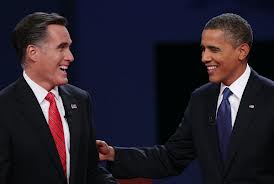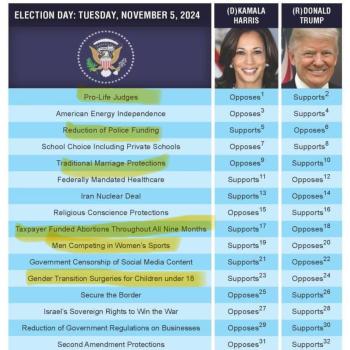1 Timothy 2.1-2: I urge, then, first of all, that requests, prayers, intercession and thanksgiving be made for everyone – for kings and all those in authority, that we may live peaceful and quiet lives in all godliness and holiness (New International Version).
Little is known about Athenagoras of Athens. It is uncertain when he was born or died, but he lived in the second half of the second century. He is known to be an Athenian philosopher who was converted to Christianity. His writing certainly reflects this.
Perhaps he should be better known for one of his statements on the Godhead. He writes one of the clearest and earliest formulations on the Trinity known in history. If this had been heeded, it would have saved the Early Church a couple centuries of debate.
With the Church still facing the fires of persecution in the second century, Athenagoras appeals directly to the emperor in “A Plea for Christians” (around 177 A.D.) “Apparently Athenagoras believed that it would help the emperor to stop persecuting Christians if he understood that Christians believed in a God much like he believed in. Marcus Aurelius was a philosopher most influenced by Stoicism, whose god was virtually equated with the immutable and perfect order of the universe.”[1] In the final essay, “Entreaty to be Fairly Judged,” Athenagoras appeals for favor from Marcus Aurelius based on the fact that Christians obey the Biblical command to pray for their leaders.
“And now do you [Marcus Aurelius], who are entirely in everything, by nature and by education, upright, and moderate, and benevolent, and worthy of your rule, now that I [Athenagoras] have disposed of the several accusations, and proved that we [Christians] are pious, and gentle, and temperate in spirit, bend your royal head in approval. For who are more deserving to obtain the things they ask, than those who, like us, pray for your government, that you may, as is most equitable, receive the kingdom, son from father, and that your empire may receive increase and addition, all men becoming subject to your sway? And this is also for our advantage, that we may lead a peaceable and quiet life, and may ourselves readily perform all that is commanded us.”[2]
First of all, we see that Early Christians not only pray for their leaders, but also pray specifically. They pray that the rule of Marcus will be established and passed on from generation to generation. They pray the empire will increase, will prosper, and will be able to conquer new territory. They pray for men to come into submission to the empire. This type of specific prayer is exactly what Paul is discussing in 1 Timothy 2.1. How specifically do we pray for our leaders?
 |
| Governor Romney and President Obama First Presidential Debate 10.03.12 |
Second, Athenagoras claims that specific prayer is rewarded, “that we may lead a peaceable and quiet life” (see 1 Timothy 2.2). Under intense persecution, a little peace and quiet for Christians is priceless. Athenagoras rests his entire defense of Christianity on this one promise from Paul. How could the emperor read such a statement without the sting of conviction? Athenagoras points out that these Christians that Marcus is persecuting, are praying for his reign and realm, and desiring to live in peace. If these Early Christians can follow the Biblical injunction to pray for their emperor, despite the fact that their emperor is killing them, what excuse do we have to keep from praying for our leaders?
Third, Athenagoras makes it abundantly clear that the Church has a voice in society. Despite persecution, he writes directly to the emperor and voices the concerns of the Early Church, citing Scripture. In our society, we have at least one way to let our voices be heard, by voting. Furthermore, we have every right to allow our Christian values to inform our decisions. We also have the right to be involved in the processes of government, a luxury the Early Church does not enjoy.
Let us consider the honest, respectful, prayerful approach of Athenagoras as we discuss politics with those around us, as we formulate our opinions, and as we cast our ballots. Most of all let us pray for our leaders.
[1] Roger E. Olson, The Story of Christian Theology: Twenty Centuries of Tradition and Reform(Downers Grove, IL: InterVarsity Press, 1999), p. 62.
[2]Athenagoras, “A Plea for the Christians,” in Fathers Of The Second Century: Hermas, Tatian, Athenagoras, Theophilus, And Clement Of Alexandria (Entire), vol. 2 of The Ante-Nicene Fathers Translations of The Writings Of The Fathers Down To A.D. 325, ed. Alexander Roberts and James Donaldson, in the Christian Classics Ethereal Library, http://www.ccel.org/ccel/schaff/anf02.v.ii.xxxvii.html(accessed September 18, 2012).












